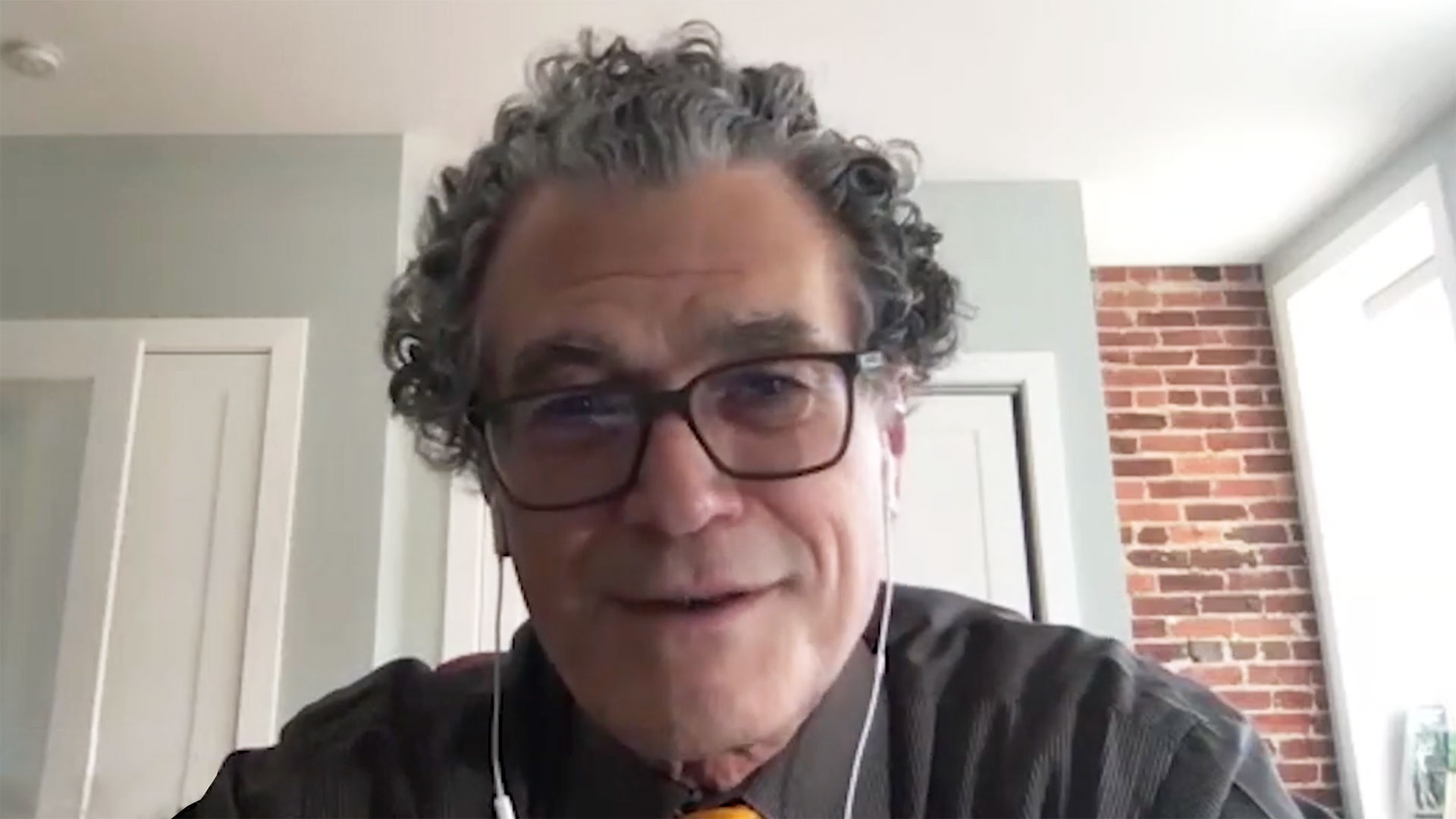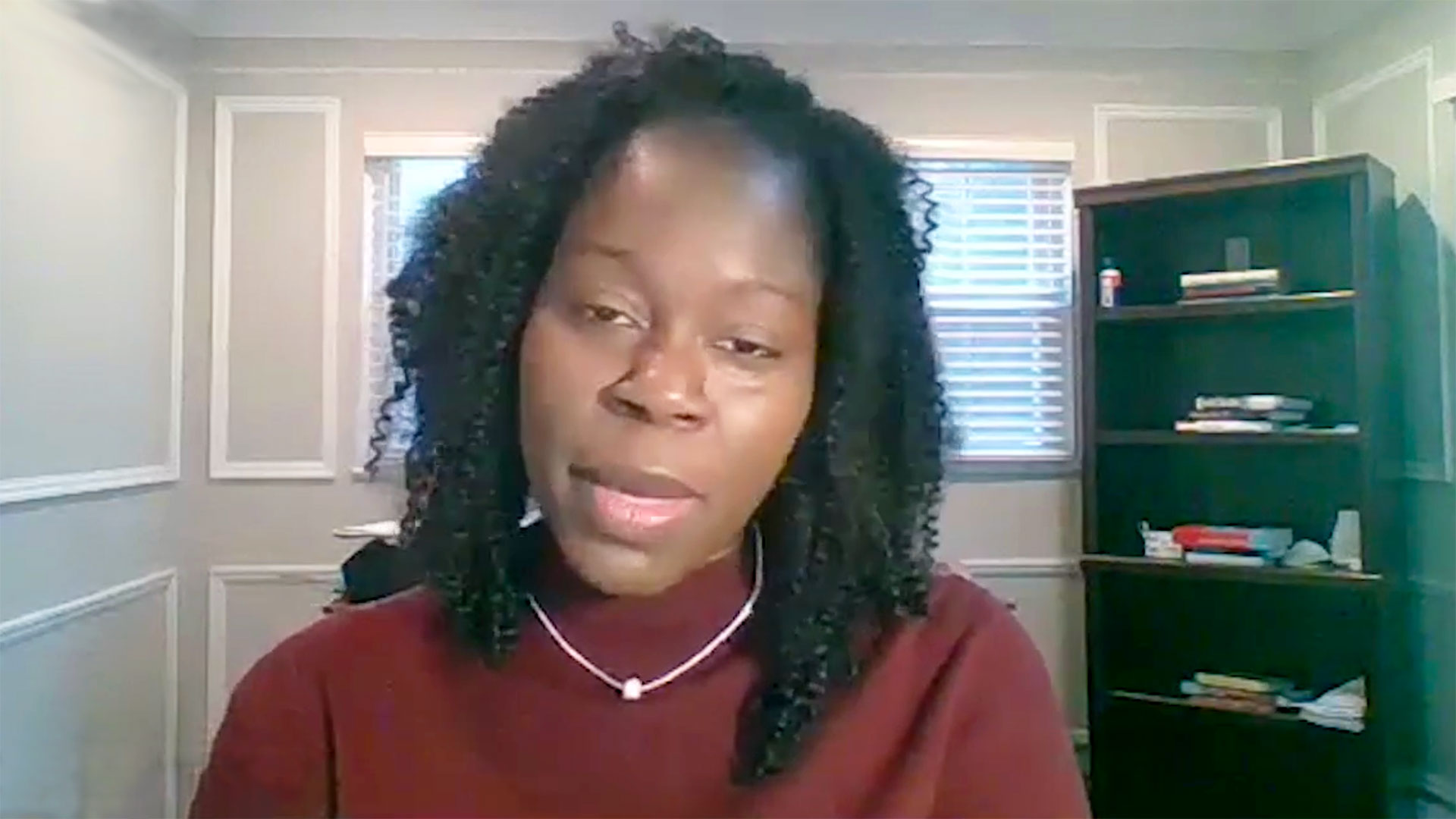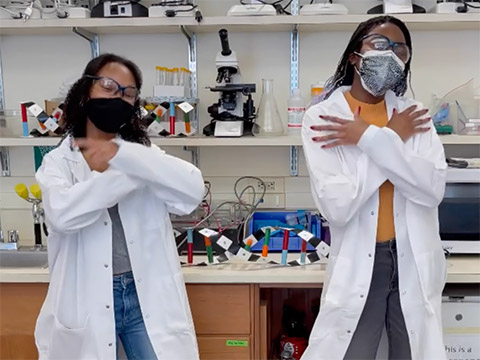Students Talk Science 2021: Student Productions
Vaccines in Layman’s Terms
By Leann Nicholas, Grade 12, Farmingdale High School
Brianna Francis, Grade 12, The Scholars, Academy High School
Our video series is a collection of Instagram reels directed toward the general public to educate them about vaccines (mainly Pfizer and Moderna). The videos give a definition of a vaccine, describe the types of vaccines, busting myths about vaccines, and ask true-or-false questions to test common misconceptions about the vaccine. At the end of every video, we list our sources.
- Definition from CDC; Vaccine: “A product that stimulates a person’s immune system to produce immunity to a specific disease, protecting the person from that disease.”
- Many vaccines are given through injections, but some can be administered through the nose or mouth.
- If you are vaccinated against a disease, you can be exposed to it without becoming seriously sick. (CDC)
- mRNA
- Pfizer and Moderna vaccines
- mRNA vaccines contain instructions for how to make a harmless protein that is unique to the virus.
- mRNA in vaccines isn’t new; researchers have been studying and working them for decades”
- Protein subunit vaccines
- Include harmless pieces (proteins) of the virus that cause the disease the disease instead of the entire germ (CDC)
- Vector vaccines
- Use a weakened version of a live virus—a different virus than the one that causes COVID-19— to carry genetic material from the virus that causes COVID-19 (the live virus is called a viral vector) (CDC). More common for OTHER vaccines.
- A technological implant (Mayo Clinic)
- A whole, live virus (CDC)
- Something that’s going to change our DNA (CDC)
- A cause of infertility or miscarriage (CDC)
- An excuse to not wear a mask (Mayo Clinic)
- Information source: Harvard Health
- The Covid - 19 vaccine is less effective since it was produced so quickly.
- False
- The COVID-19 vaccine was produced relatively faster than previous vaccines because of tremendous amounts of funding, previous genomic research, and combined global efforts of health organizations (UC San Diego Health).
- There are “long term” side effects to the COVID-19 vaccine.
- False - unlikely, but this may not be known for certain for decades
- Since the vaccine uses mRNA as its mode of immunization, which is eliminated from the body relatively quickly, clinical trials would most likely have found any long-term side effects of the vaccine in their several months of monitoring.
- Common Side Effects of the Covid-19 vaccine are: Injection-site soreness, fever, fatigue.
- True
- Also common for other vaccines
- Vaccines cause autism.
- False
- According to the CDC, “scientific studies and reviews continue to show no relationship between vaccines and autism.”
- Information Source
Video Collections
Interviews
In four interviews, students talked with physician/scientists from NIH and elsewhere about past and present
minority healthcare disparities, vaccine access and vaccine hesitancy.
-
Dr. Eliseo Pérez-Stable
“There is hope for the future and you [students] are the main reason”
-
Dr. Monica Webb Hooper
“I feel a very personal responsibility”
-
Dr. Gary Gibbons
“We as scientists need to stay connected to community”
-
Dr. Eugenia South
“My initial response [to taking the vaccine] was no way!”
Student Productions
Students produced their own videos about the science of the vaccine and the history of healthcare disparities in minority communities
-
Student productions on
Vaccines in Layman’s Terms
-
Student productions on
Minorities and the Vaccine: A Short Film
-
Student productions on
Just The Facts: How the Pfizer mRNA Vaccine Works
-
Student productions on
How COVID Testing Works
-
Student productions on
Coronavirus Family and Friend Interviews











